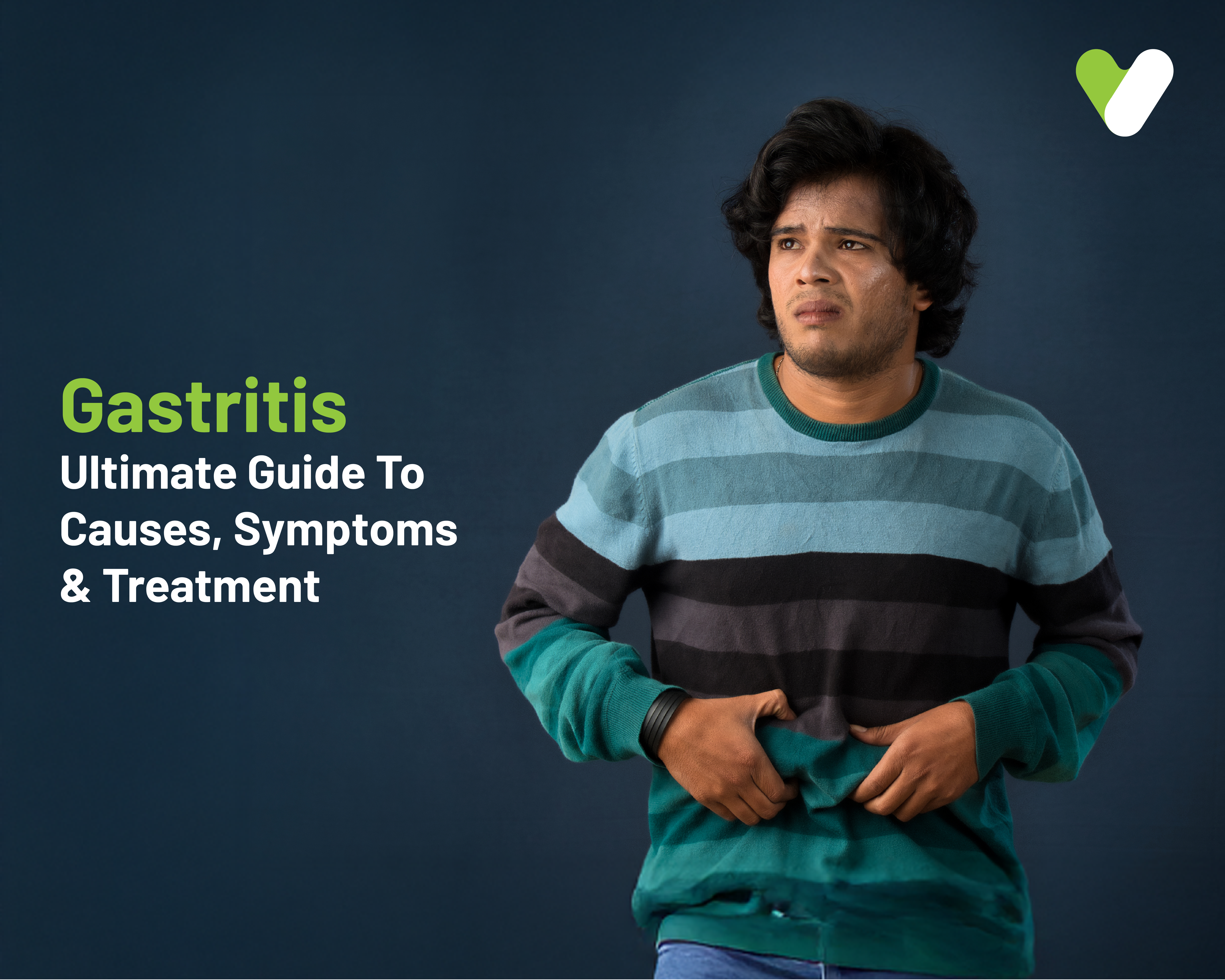Gastroenteritis is a disease that affects the stomach lining. It occurs when the coating is burned or irritated, causing pain and discomfort. Many people experience stomach upset at some point in their lives.
There are two major gastrointestinal disorders: active and sudden. The other is chronic and progressive over time. Both can affect people of all ages. Effective management of gastrointestinal disorders is essential.
Symptoms of Gastritis
Gastritis symptoms vary. Some people may have a little trouble. Others experience severe pain. Common symptoms include:
- abdominal pain or burning sensation
- nausea
- Coughing up the cough
- Loss of appetite
- One feels full after eating
- The outbreak of the disease
In severe cases, people can vomit blood. Black tarred dirt can also be seen. This disease may need to be treated immediately.
Causes of Gastritis
Gastrointestinal disorders can be caused by many factors. The most common cause of this is infection. Helicobacter pylori is usually to blame. Over time, it damages the stomach lining.
Other reasons are:
- Long-term use of aspirin and other analgesics
- Excessive alcohol consumption
- stress from illness or injury
- Autoimmune diseases
- Some foods, such as spicy or fatty foods
Smoking and an unhealthy diet can also aggravate it. Certain medical conditions also increase the risk.
Diagnosis of Gastritis
Doctors diagnose gastrointestinal disease in many ways. Symptoms and medical history may be asked. A physical examination is usually the first step.
Testing can include blood tests, urine tests, or breath tests. These check for viruses or other issues. In some cases, endoscopy is necessary. This allows doctors to examine the abdomen.
Treatment of Gastrointestinal Disorders
Treatment depends on the cause. Doctors prescribe antibiotics for infections. These help kill bacteria.
Other treatments include:
- Antacid that reduces stomach acid
- inhibitors of acid production
- Drugs for gastric ulcers
Lifestyle changes are also important. People should avoid spicy foods and alcohol. Regular meals can help. It is highly recommended to quit smoking.
Home Remedies for Relief
Some home remedies can soothe the symptoms of gastroenteritis. Drinking chamomile tea can reduce inflammation. Ginger also helps with nausea. You can have a plain banana or yogurt to calm down.
However, these are not substitutes for treatment. Always consult a doctor for proper advice.
Prevention Of Gastrointestinal Diseases
Prevention is better than cure. Follow these tips to avoid stomach pain.
- Eat a balanced diet
- Avoid overeating
- Limit alcohol and caffeine
- Practice good hygiene to avoid infection
- Use relaxation techniques to manage stress
- Regular exercise and good sleep also help.
Time to See A Doctor
If left untreated, gastrointestinal disorders can become serious. If symptoms persist for more than a few days, consult a gastroenterologist. Seek help immediately for vomiting of blood or severe pain. Early treatment can prevent complications.
Conclusion
Gastrointestinal disease is common. It can usually be handled with reasonable caution. Knowing the symptoms and causes is key. With proper treatment and prevention, most people will recover completely.

